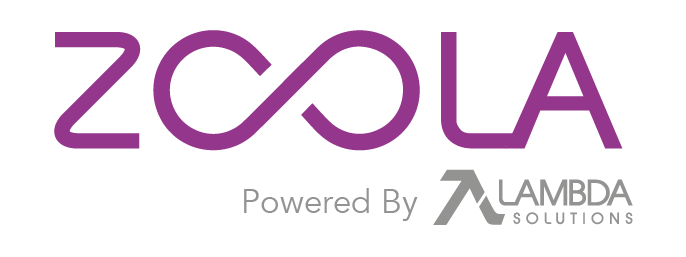Webinar - Learning Analytics In Higher Education: Struggles & Successes (Part 2)
In recent years there has been a growing interest in moving from learning analytics research to practice, and in implementing analytics to more effectively support learning and teaching in formal education.
Part 2 of our Learning Analytics in Higher Education series, will go deeper into learning analytics, and illustrate its wide-ranging potential using use cases and examples from UBC and beyond.
You can find Part 1 in the series right here: Learning Analytics In Higher Education: Origins & Benefits
In this Webinar, you will learn about:
- Real use-cases demonstrating the benefits of learning analytics in higher education.
- The different purposes for which learning analytics might be employed, and the different stakeholders they can serve.
- Overcoming the technical, organization and ethical struggles and dilemmas that can make the implementation of learning analytics projects challenging.
Meet Our Speaker
 Leah Macfadyen, PhD, UBC Faculty of Education
Leah Macfadyen, PhD, UBC Faculty of Education
Leah is a faculty member affiliated with both the UBC Master of Educational Technology program, and the UBC Department of Language and Literacy Education; she was previously Director of Learning Analytics for the UBC Faculty of Arts, and has recently completed a four-year term as a member of the Executive of the international Society for Learning Analytics Research (SoLAR). Inspired by the rising tide of learning and learner data captured by learning technologies, and the potential for learning analytics (analysis and visualization of large sets of educational data) to offer actionable insights in higher education, Leah brought her analytic skills to research into virtual learning a decade ago. She makes use of learning analytics to inform course and curriculum review, and to discover meaningful patterns that can inform improvements in learning design, teaching, and learning. She also thinks and writes about the limits of ‘big data’, the challenge of data literacy, and the ethical and social implications of this work. For more see: https://changingeye.com/






